FAQs
Email marketing involves sending promotional messages, newsletters, or other relevant content to a group of email subscribers. Email marketers typically use email service providers to manage their email campaigns and track their performance.
Email marketing can help businesses build relationships with their customers, increase brand awareness, drive traffic to their websites, and generate more leads and sales.
Some best practices for email marketing include building a targeted email list, personalizing your messages, segmenting your subscribers, optimizing your subject lines and email content, and testing and measuring your results.
Some common mistakes to avoid when email marketing include sending too many emails, not personalizing your messages, not segmenting your subscribers, not optimizing your email content, and not following email marketing laws and regulations.
You can measure the success of your email marketing campaigns by tracking key performance indicators such as open rates, click-through rates, conversion rates, and revenue generated.
You can grow your email list by offering incentives such as discounts, freebies, or exclusive content in exchange for email signups, promoting your email list on your website and social media channels, and optimizing your lead capture forms.
You can ensure your emails are delivered to your subscribers’ inboxes by using a reputable email service provider, avoiding spam trigger words and phrases in your email content, and asking your subscribers to whitelist your email address.
To be a successful email marketer, you should have a solid understanding of email marketing principles and best practices, excellent copywriting and content creation skills, strong analytical and data interpretation skills, and the ability to stay up-to-date with industry trends and changes in email marketing laws and regulations.
